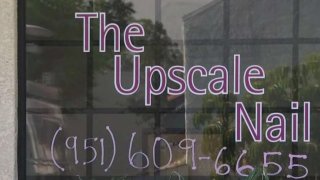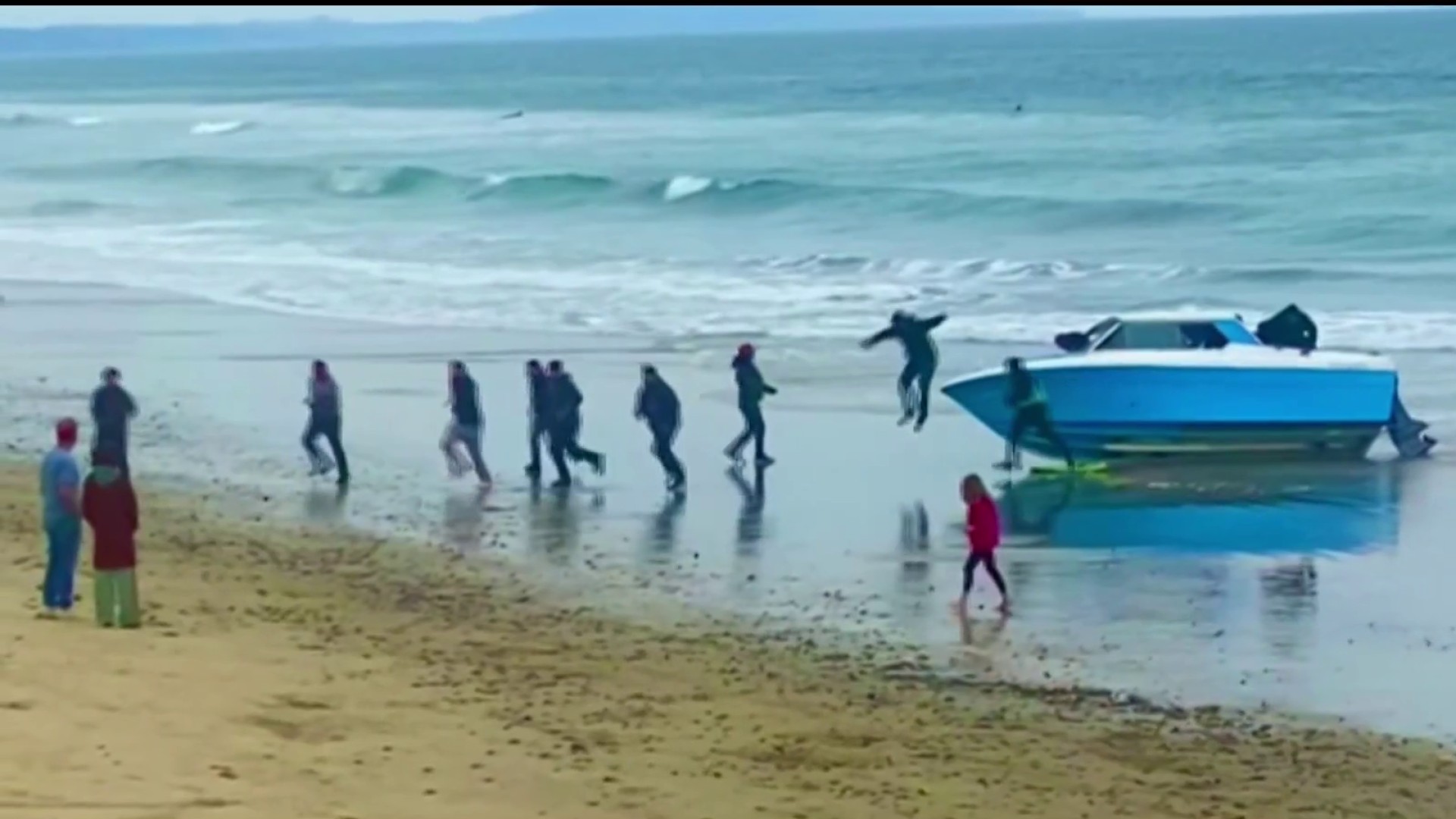
A brother and sister pleaded guilty Thursday to federal charges for coercing their cousin to work long hours at a pair of Rancho Bernardo salons the siblings owned.
Prosecutors say Cindy Mydung Luu, 54, and Jason Luu, 46, both of Tierrasanta, brought the victim from Vietnam to San Diego and forced her to work long hours at Eden Nails Lounge & Spa and Majestic Nail Salon.
The victim -- identified in court documents only as "LX" -- was forced to work up to seven days per week, up to 12 hours per day and was required to forfeit all of her income, the U.S. Attorney's Office said.
Get San Diego local news, weather forecasts, sports and lifestyle stories to your inbox. Sign up for NBC San Diego newsletters.
After LX obtained her nail technician's license, the defendants told her to quit college and work full time at the salons, prosecutors said.
The defendants also arranged for her to take part in a sham marriage with Jason Luu so LX could become a legal permanent resident in the United States, then withheld her green card from her, according to prosecutors, who stated that the siblings then threatened LX with the loss of her immigration status if she didn't work at the salons.
The U.S. Department of Labor estimated that the siblings owe LX back wages, overtime and liquidated damages totaling nearly $280,000.
Local
The Luus, who pleaded guilty to document servitude, are scheduled to be sentenced Dec. 17.
"Forced work is a form of modern-day slavery that exacts a significant financial and emotional toll. In addition to robbing victims of fair wages and freedom, this systematic coercion instills a sense of helplessness, humiliation, disorientation and confusion, often causing lasting trauma," said Acting U.S. Attorney Randy Grossman.
The U.S. Attorney's Office advised that common patterns for identifying labor trafficking victims include:
-- Isolating victims to prevent them from getting help. Their activities are restricted and they are typically watched, escorted or guarded by associates of traffickers. Traffickers may even coach them to answer questions with a cover story about being a student or tourist.
-- Victims may be blackmailed by traffickers using the victims' status as an undocumented alien or their participation in an illegal industry. By threatening to report them to law enforcement or immigration officials, traffickers keep victims compliant.
-- People who are trafficked often come from unstable and economically devastated places as traffickers frequently identify vulnerable populations characterized by oppression, high rates of illiteracy, little social mobility and few economic opportunities.
-- Women and children are often the most common victims of labor trafficking.
Individuals who suspect human trafficking are urged to call the National Human Trafficking Resource Center at 1-888-373-7888.



